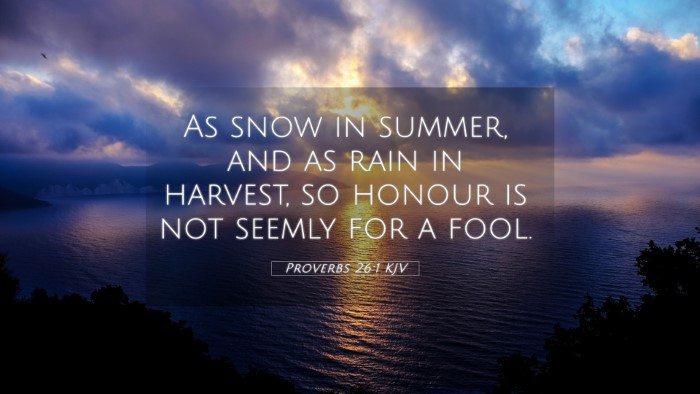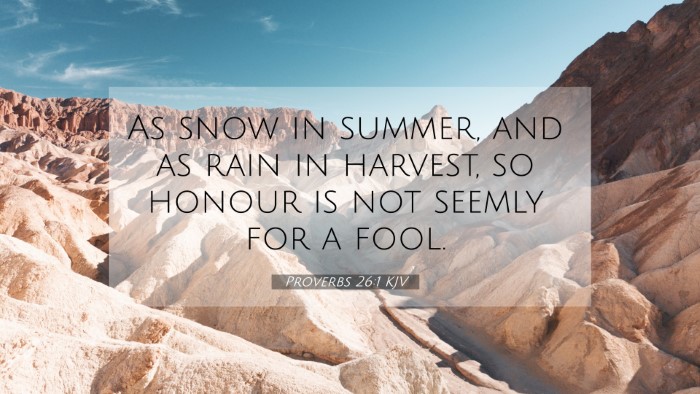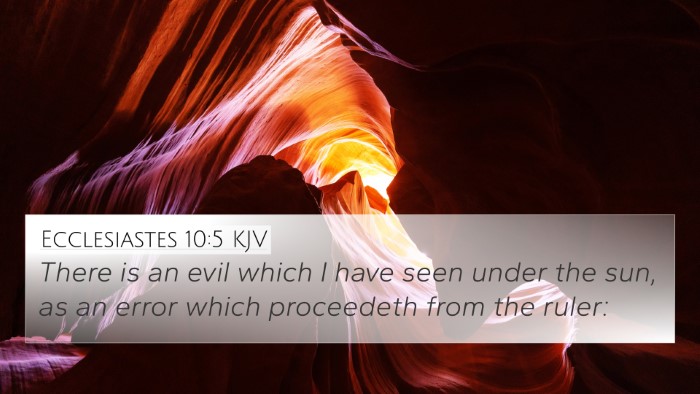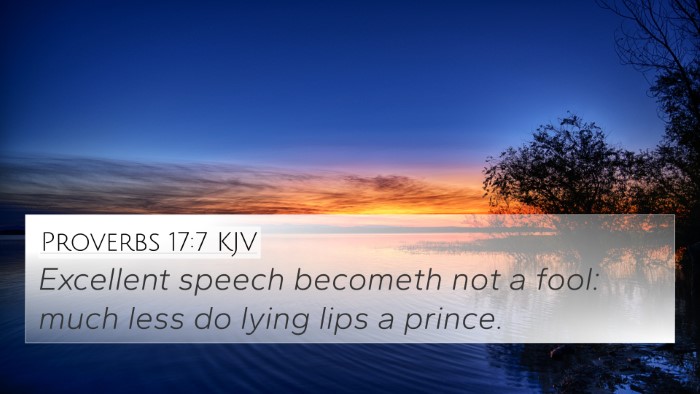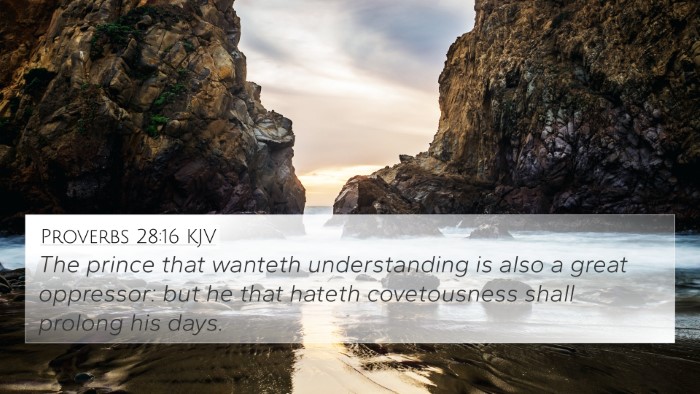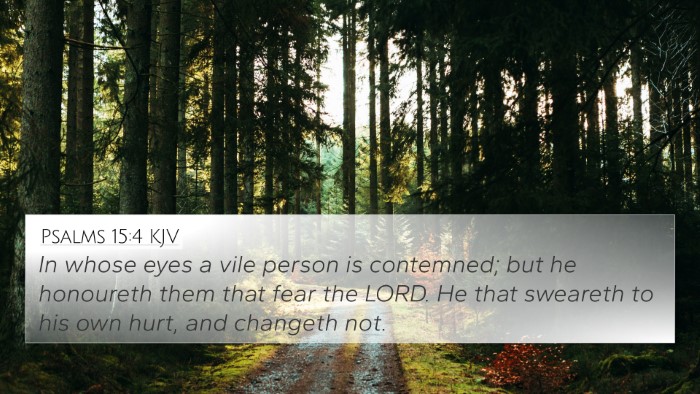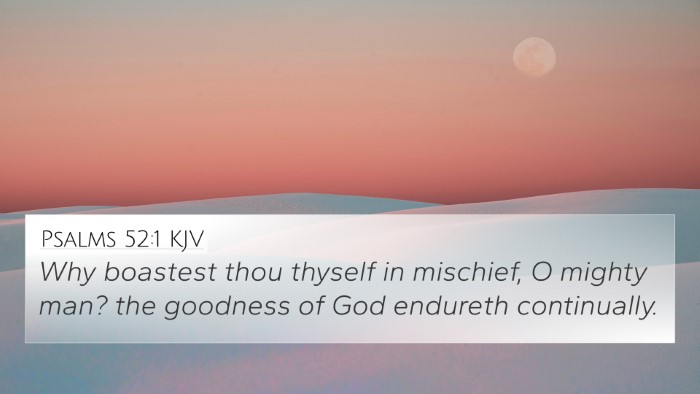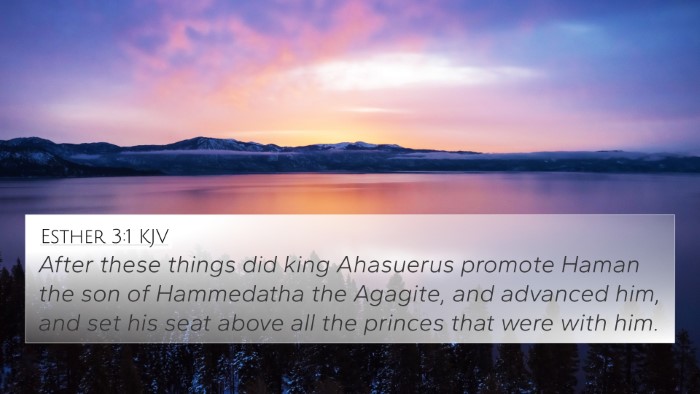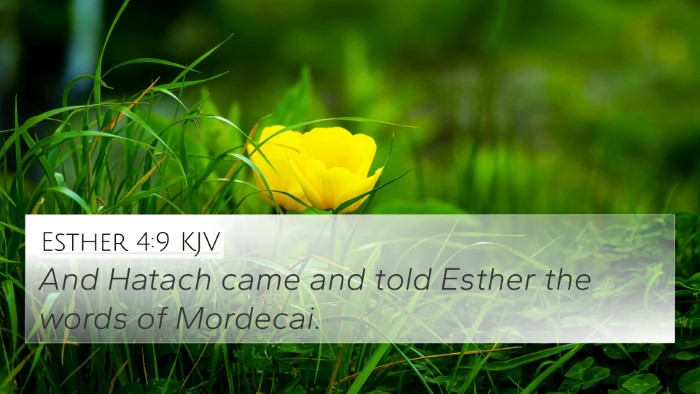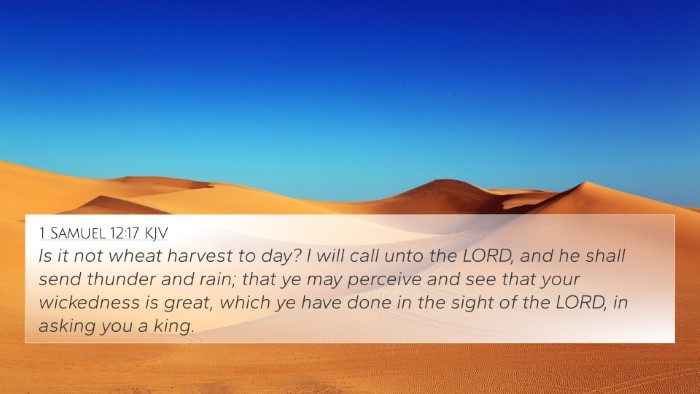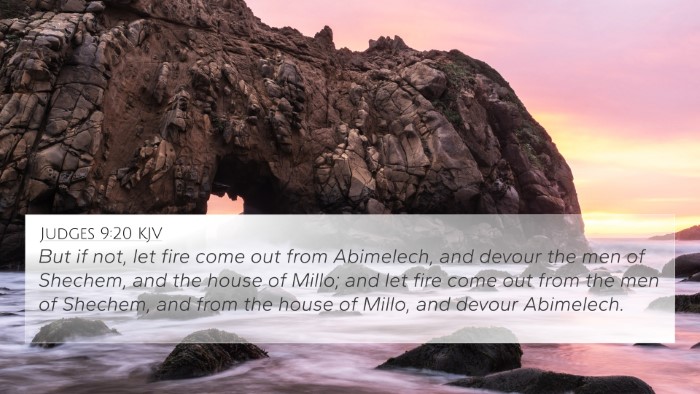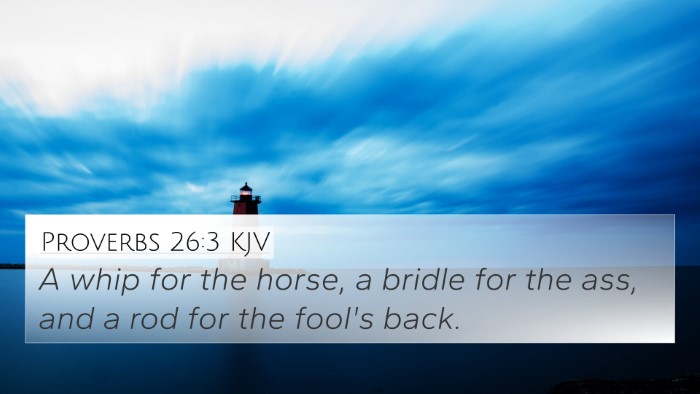Understanding Proverbs 26:1
Proverbs 26:1 states:
"As snow in summer, and as rain in harvest, so honor is not seemly for a fool."
This verse presents a vivid metaphor highlighting the incongruity of honoring a fool in the same way snow in summer or rain during harvest is out of place. The saying draws upon natural phenomena to illustrate deeper spiritual and moral truths.
Summarized Meanings from Commentaries
Matthew Henry's Commentary
Matthew Henry emphasizes how the temporary and unusual occurrences of snow and rain during inappropriate seasons serve as an analogy for the foolishness of giving honor where it is not due. He points out that such honor is incompatible with the nature of foolishness, much like snow does not belong to summer.
Albert Barnes' Notes
Albert Barnes provides insight into the significance of timing and circumstances in determining appropriateness. He notes that honor should align with wisdom and virtue, while folly is marked by a lack of such qualities, thereby rendering any honor given to a fool as inherently misplaced and counterproductive.
Adam Clarke's Commentary
Adam Clarke expands upon the metaphor by connecting it to a broader societal context. He argues that elevating those who lack understanding disrupts societal order, much like unnatural weather events disrupt agricultural cycles. This highlights the importance of discernment in acknowledging those worthy of honor.
Cross-References and Connections
Proverbs 26:1 connects with various scriptures that illustrate similar themes of wisdom, folly, and the nature of honor:
- Proverbs 3:35 - "The wise shall inherit glory: but shame shall be the promotion of fools." This verse complements the idea of honor being reserved for the wise and the resultant shame bestowed upon fools.
- Proverbs 12:15 - "The way of a fool is right in his own eyes: but he that hearkeneth unto counsel is wise." The contrast between the fool and the wise highlights the importance of seeking guidance and being humble in one's understanding.
- Proverbs 13:20 - "He that walketh with wise men shall be wise: but a companion of fools shall be destroyed." This reinforces the notion that societal standing should be given to those who embody wisdom.
- Proverbs 18:2 - "A fool hath no delight in understanding, but that his heart may discover itself." This emphasizes that fools lack the insight to appreciate true honor or understanding.
- Matt. 7:6 - "Give not that which is holy unto the dogs, neither cast ye your pearls before swine." This New Testament parallel asserts the futility of bestowing value upon those who do not appreciate it.
- 1 Peter 2:17 - "Honour all men. Love the brotherhood. Fear God. Honour the king." This verse speaks to the discernment of whom to honor, making clear that the honor given must reflect wisdom and righteousness.
- James 1:5 - "If any of you lack wisdom, let him ask of God, that giveth to all men liberally, and upbraideth not; and it shall be given him." This invites readers to seek wisdom, thus enriching the understanding of who should rightfully receive honor.
- Proverbs 20:3 - "It is an honour for a man to cease from strife: but every fool will be meddling." This verse underlines that true honor is associated with peace and wisdom rather than folly.
- Proverbs 29:9 - "If a wise man contendeth with a foolish man, whether he rage or laugh, there is no rest." This reinforces the idea that engaging with fools leads to lack of peace, justifying why honor should be withheld from them.
- Ecclesiastes 10:1 - "Dead flies cause the ointment of the apothecary to send forth a stinking savour: so doth a little folly him that is in reputation for wisdom and honour." This verse illustrates how a small amount of folly can ruin a good reputation, correlating with the sentiment expressed in Proverbs 26:1.
Conclusion
Proverbs 26:1 offers a compelling admonition against the elevation of fools through the metaphor of inappropriate seasons. This guidance is woven throughout Scripture, inviting all to explore the connections between Bible verses, and experience the rich tapestry of wisdom that informs our understanding of honor and folly.
Further Study: Tools for Cross-Referencing
In pursuing a deeper understanding of biblical principles like those found in this verse, utilizing tools for Bible cross-referencing is beneficial. Resources include:
- Bible concordances to locate themes and words.
- Bible cross-reference guides for structured study.
- Cross-reference Bible study techniques to identify relationships between verses.
- Bible reference resources for comprehensive insights.

